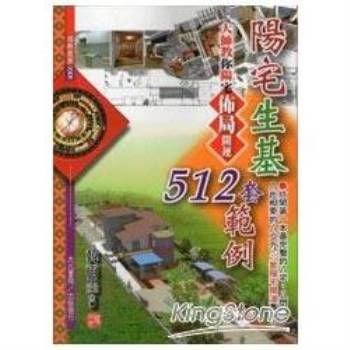An exploration of the technical, economic, and energy-saving aspects of the design, modeling, and operation of non-conventional cooling and heating systems
Cooling and heating can collectively constitute one of the largest sources of energy consumption in a modern building, with attendant costs and sustainability concerns. As the global climate changes and temperature extremes produce demand for even greater energy consumption, energy-efficient methods for cooling interior spaces have become more important than ever. Our sustainable future demands non-conventional methods for cooling and thermal storage which can meet the demands of a changing climate and an efficient, renewable power grid.
Advancements in Non-Conventional Cooling and Thermal Storage Strategies offers a detailed introduction to the latest cutting-edge space conditioning technologies for buildings. Beginning with an overview of activated carbon-based adsorbents and their potential heating and cooling applications, it moves to an analysis of Phase Change Materials (PCMs) as a potential sustainable cooling source. Thorough, rigorous, and fully up to date, it’s indispensable for a range of professionals working to make habitable, energy-efficient human spaces.
Advancements in Non-Conventional Cooling and Thermal Storage Strategies readers will also find:
- Techniques for both active and passive space conditioning systems
- Detailed discussion of topics including adsorbent-refrigerant pairings, techniques for incorporating fresh air at high air change per hour, and many more
- A composite case study with examples from across the globe to provide an understanding of the technical requirements.
Advancements in Non-Conventional Cooling and Thermal Storage Strategies is ideal for researchers and professional mechanical and civil engineers, those working in space-cooling, HVAC, and building design industries, as well as research and design personnel of HVAC equipment manufacturing industry.










